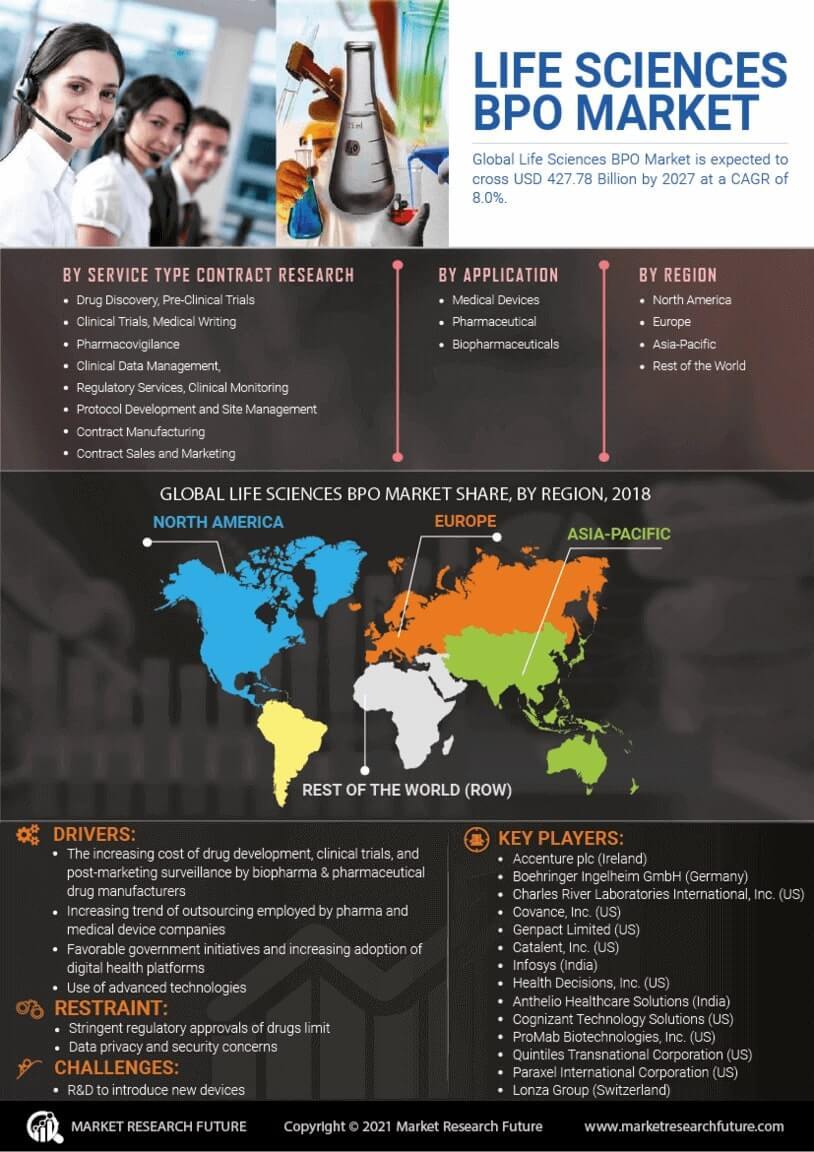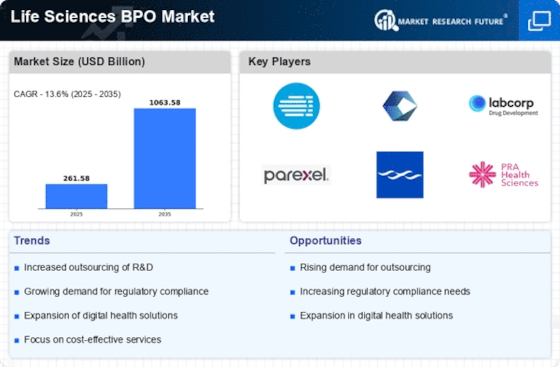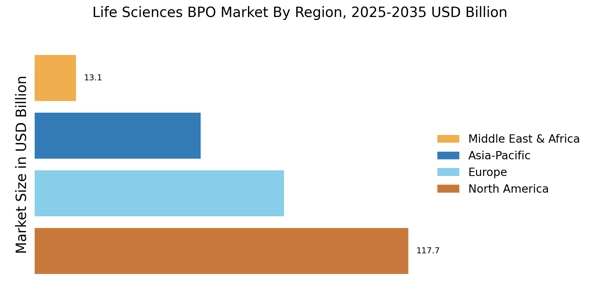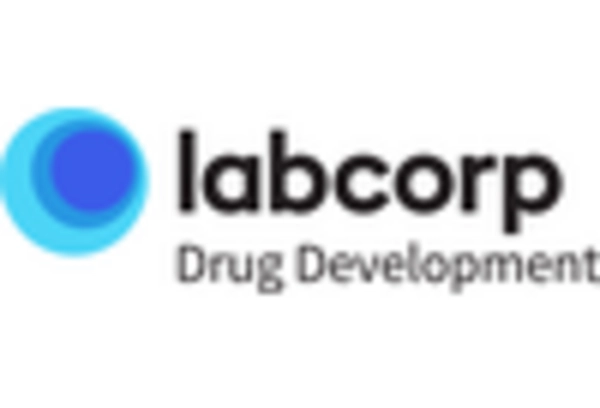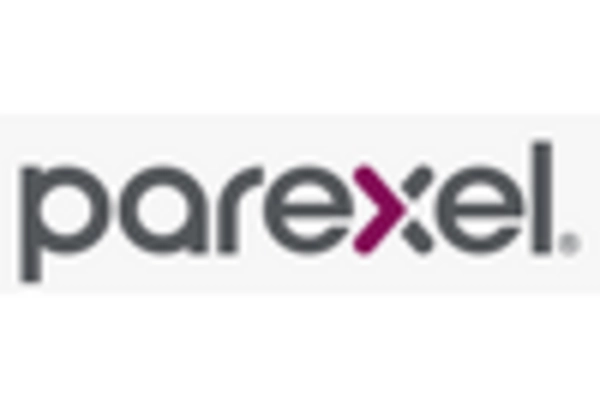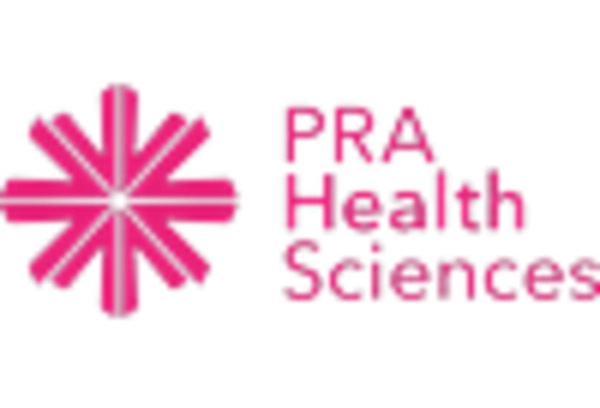Research Methodology on Life Sciences BPO Market
Introduction
This research focuses on understanding the market drivers, trends and forces that are impacting the growth of the life sciences BPO market. In this research, market research future (MRFR) provides an in-depth analysis of the market for the current period, 2023 – 2030. To attain this, primary research (desk research and interviews) and secondary research (referenced publications) have been conducted. The research approach used in this report is exploratory research.
Market Definition
MRFR defines BPO or business process outsourcing as the contracting of non-primary business processes and functions to third-party vendors. In the life sciences industry, BPO is a service where organizations contract with a third-party provider to perform operations and processes, such as finance and accounting, clinical data management and drug safety, among others.
Market Research Future (MRFR) Approach
MRFR has used qualitative and quantitative analysis strategies to report on the market sizes, industry trends and growth rates of the life sciences BPO market. The report aims to provide a comprehensive outlook of the life sciences BPO market during the forecast period, 2023-2030. To accomplish this objective, a two-pronged approach has been taken.
Primary Research
In the primary research, MRFR used desk research and interviews to collect and analyze global market data. Desk research is conducted to locate industry associations, trade associations, reports, whitepapers and other sources to understand the life sciences BPO market. Interviews were conducted with experts in the life sciences BPO industry, such as vendors, service providers and industry analysts.
Secondary Research
In secondary research MRFR used the following sources to gain valuable market insights:
- Industry associations and white papers
- Market research reports
- News articles
- Trade sites/searches
- Internet searches
- Current trends/events
MRFR used these sources to gain information on market trends and dynamics that influence the growth of the life sciences BPO market during the forecast period, 2023-2030.
Market Estimation
The prediction of the market size and growth rate of the life sciences BPO market is done using various assumptions, such as market penetration, GDP growth, GDP per capita, population, healthcare expenditure, current technological trends, business development activities and economic trends. The size of the life sciences BPO market was estimated using the top-down and bottom-up approaches.
Data Collection
MRFR conducted primary research through desk research and interviews. Desk research is used to gather published data from industry sources, including reports, white papers, newsletters and other industry publications. Industry interviews are conducted with vendors, service providers, industry experts and other knowledgeable stakeholders in the life sciences BPO market.
Data Validation
The data obtained from the sources are validated by conducting a triangulation method. In data triangulation, data was collected from varied sources and further evaluated for accuracy. MRFR used primary and secondary research sources to triangulate the market size, market forecast, trends and dynamics in order to arrive at a credible estimate.
Data Analysis
The collected data is analyzed using spreadsheet-based statistical analysis software such as Microsoft Excel. The analysis of the data was done to find relationships between various market parameters, such as market value, segmentation, market size, etc. Different forecasting techniques such as parametric, econometric and time series were employed to estimate the size and growth rate of the life sciences BPO market.
Market Breakdown and Data Triangulation
The collected data is further divided into different market segments and studied in detail. The market size and value of the market are estimated using the bottom-up approach and top-down methods. The top-down approach is used to estimate the market value and size of the individual segments. This is done by analyzing the historical market data and extrapolating the same to the forecast period. The bottom-up approach is used to estimate the individual segments’ value and size. This is done by accumulating the projected market size and value of each country in the respective segments.
